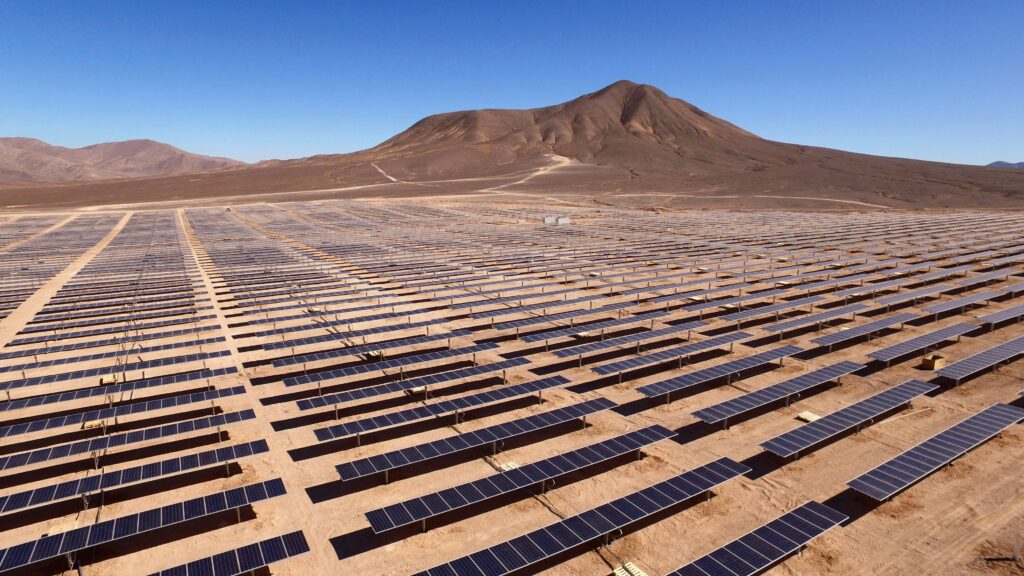- On the 31 March 2024, GCIP submitted an implementation guideline report to the Egypt Energy Regulatory Authority.
- The report provides timelines and strategic actions for both renewable energy certificates and wheeling.
- GCIP will begin the next phase of work on wheeling in early November 2024.

Egypt’s energy use has doubled over the past two decades. However, the share of that energy generated by renewables has decreased over the same period. To honour its pledge to significantly reduce greenhouse gas emissions, the Egyptian government needs to quickly reverse this trend.
In support of this goal, the UK, via the Green Cities and Infrastructure Programme (GCIP), is sharing its energy expertise with Egypt. By reforming Egyptian energy regulations through the implementation of renewable energy certificates (RECs) and wheeling – whereby electricity is transmitted to users via existing distribution networks – GCIP is supporting the creation of more equitable, reliable and affordable clean energy for all Egyptians.
As part of this support, GCIP recently submitted an implementation guideline report for RECs and wheeling to the Egypt Energy Regulatory Authority (EgyptERA). The report provides separate high-level timelines for both RECs and wheeling as well as a detailed list of strategic actions that should be taken to ensure EgyptERA has all the information needed to structure these mechanisms correctly.
The report’s strategic actions include studies such as a renewable energy market analysis, network expansion analysis and creating a business plan for RECs. A list of procedures that should be implemented to ensure the success of RECs are also provided, including principles such as capacity building and training, having an adaptive policy framework, and ensuring learning and knowledge sharing between key stakeholders.
These guidelines will help EgyptERA increase the effectiveness of these mechanisms to incentivise and catalyse the growth of renewable energy in Egypt, which is required to meet the country’s Nationally Determined Contribution. If done correctly, they will not only provide clean energy for Egypt but also benefit local communities in remote locations – who are often less well served by energy initiatives – through the creation of more off-grid renewable energy projects.
Next steps
GCIP and EgyptERA are due to kick off the next phase of this work in November 2024, aligning with the World Urban Forum taking place in Cairo at the same time. This work will initially focus on carrying forward the wheeling workstream to support EgyptERA in wheeling potential forecasting. There are also ongoing discussions on additional ways in which GCIP can continue to support Egypt in the net zero transition of its energy sector.
The UK’s Green Cities and Infrastructure Programme is tackling climate change and extreme poverty by accelerating the delivery of sustainable green cities and climate-resilient infrastructure.
Published
17/10/24
